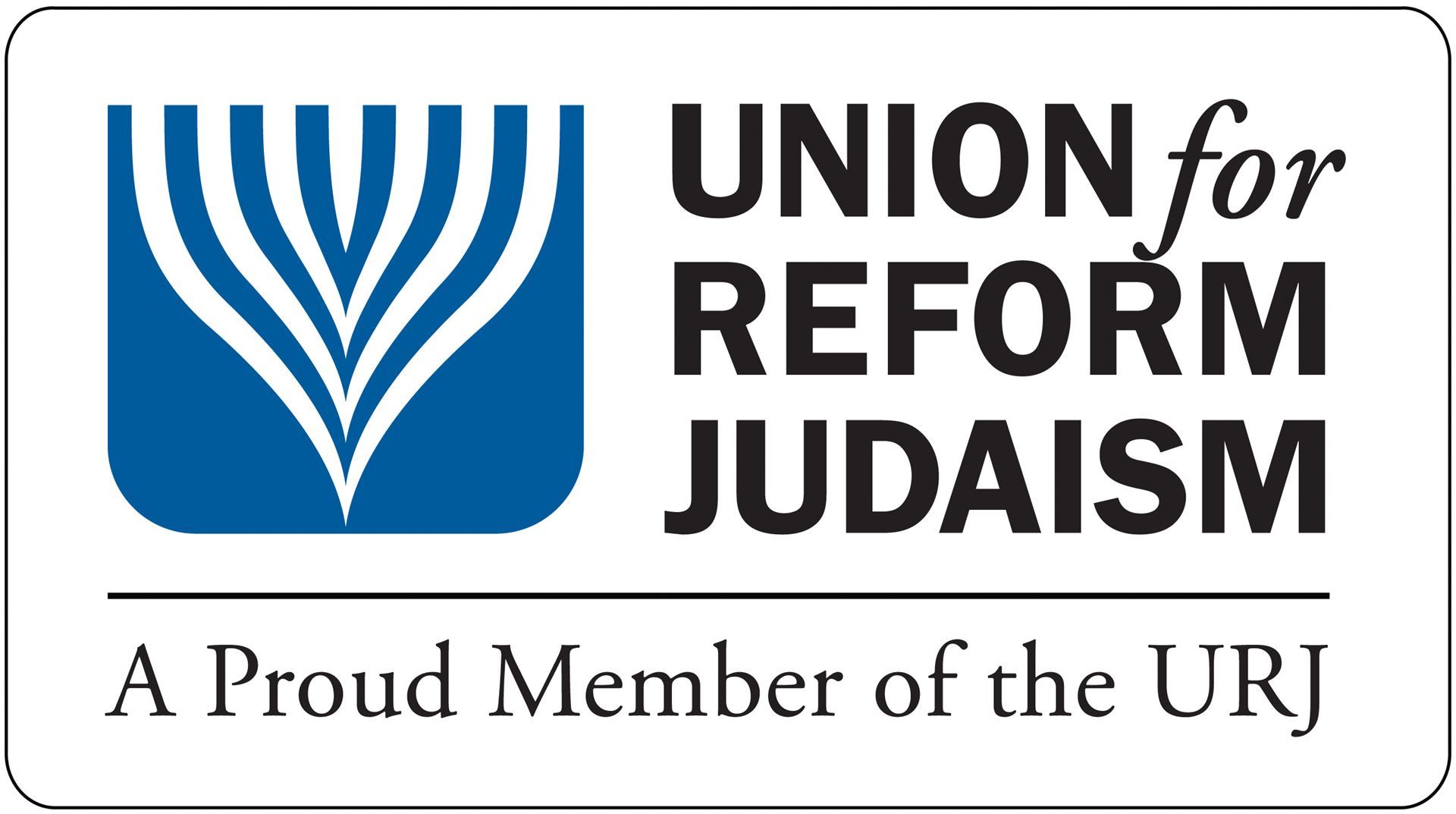SAY MY NAME
Yom Kipuur, 5781
Rabbi Barry L. Schwartz
On the afternoon of June 6, with masks and social distancing, Debby and I walked up Broad Avenue to join the Leonia Black Lives Matter protest. It was the largest gathering I had seen in our town. We marched to the library, and were led there in a rally. What moved me most, what gave me goose-bumps, despite the sweltering heat, was the chant, call and response style: Say my name! Say my name: George Floyd! Say my name: Breonna Taylor! Say my name: Ahmaud Arbery!
Say my name. The power of three words.
On this Yom Kippur, permit me a brief reflection on the power of naming, and the imperative to keep alive the story and the legacy behind every name.
The acclaimed Israeli poet Zelda published a poem in 1985 which has achieved iconic status. It is called L’kol Ish Yesh Shem—Each of Us Has a Name. It begins:
Each of us has a name
given by God
and given by our parents.
The notion that there is a divine-human partnership in the sacred act of naming goes all the way back to Book of Genesis:
And the Lord God formed out of the earth all the wild beasts and all the birds of the sky, and brought them to the man to see what he would call them; and whatever the man called each living creature, that would be its name. (2:19)
And when a baby is born in our tradition, we welcome this child into the covenant with a baby naming ceremony. The newborn becomes a person in the fullest sense once the baby has its own unique name.
Speaking of newborns: it is with the greatest of joy that Debby and I announce the birth of our grandson yesterday! Adin Doron Schwartz, Reuven Hershel ben Nadav v’Ita- welcome to the world.
(Too bad Adin is missing this sermon).
The Hebrew Bible attests to the significance of naming over and over again. God says to our first patriarch,
And you shall no longer be called Abram, but your name shall be Abraham, for I make you the father of a multitude of nations. (17:5)
And to our first matriarch,
As for your wife Sarai, you shall not call her Sarai, but her name shall be Sarah…I will bless her so that she shall give rise to nations… (17:15-16)
A name change also explains what we call ourselves. Jacob famously wrestles with an angel, who says
Your name shall no longer be Jacob, but Israel, for you have wrestled with God and men and prevailed.
That’s our collective name as the Jewish people, Yisrael–the one who wrestles with God.
Do you know the meaning of your name? Do you know how it was chosen? Do you have an English name and a Hebrew name? Chances are that your parents thought long and hard about your name. They chose it for a reason. The liked the sound, yes, but they also cared about the meaning. They wanted your name to say something about you. In the Ashkenazic tradition your name may also bear the memory of a loved one. Your name has meaning. Your name has power.
It was not just a man who died in Minneapolis; it was George Floyd.
It was not just a woman who died in Louisville, it was Breonna Taylor.
It was not just a jogger who died in Atlanta, it was Ahmaud Arbery.
Names bestow personhood and names tell a story. Names keep alive memories and names perpetuate a legacy.
When I was first an assistant rabbi in the DC suburb of Chevy Chase, MD in the late 80’s I went to the National Mall on the day before Yom Kippur. I went to see the National AIDS Quilt. It was the last time that the Quilt was going to be seen in one place at one time. Sadly, because of that plague, it had grown too big to be displayed as a whole.
My parents, children, Debby and I walked up and down the rows, and I was overcome with emotion.
I knew how many people had died of Aids. I knew the statistics.
But seeing name after name lovingly stitched on a vibrant, colorful, unique square—that was what got to me.
Every person—with a unique name and a unique soul.
The dead cry out to us: Say my name! Remember me!
On this Yom Kippur in the midst of pandemic and protest, let us pause and reflect:
Who will say our name? Who will remember us?
And on this Yom Kippur in the midst of pandemic and protest we ask:
Who should we be naming? Whose legacy should we be remembering?
Those final words from Hamilton haunt us on this Yom Kippur: Who lives, who dies, who tells your story?
Say my name: keep alive the story of George Floyd; the story of Breonna Taylor; the story of Ahmaud Arbery; the story of ordinary men and women who did not deserve to die.
Say my name: keep alive the story of John Lewis; the story of Ruth Bader Ginsburg; the story of extraordinary men and women who did not give up.
Say my name: keep alive the story of Yisrael; our story, our people, who bear witness to the suffering and to the quest for equality and justice generation after generation.
Say my name: keep alive the story of America, also our story, our people, and do not give up on the dream of a more perfect union from sea to shining sea.
Here, now, on Yom Kippur, on behalf of the dead and on behalf of the living:
Say my name! Say my name! Say my name!


